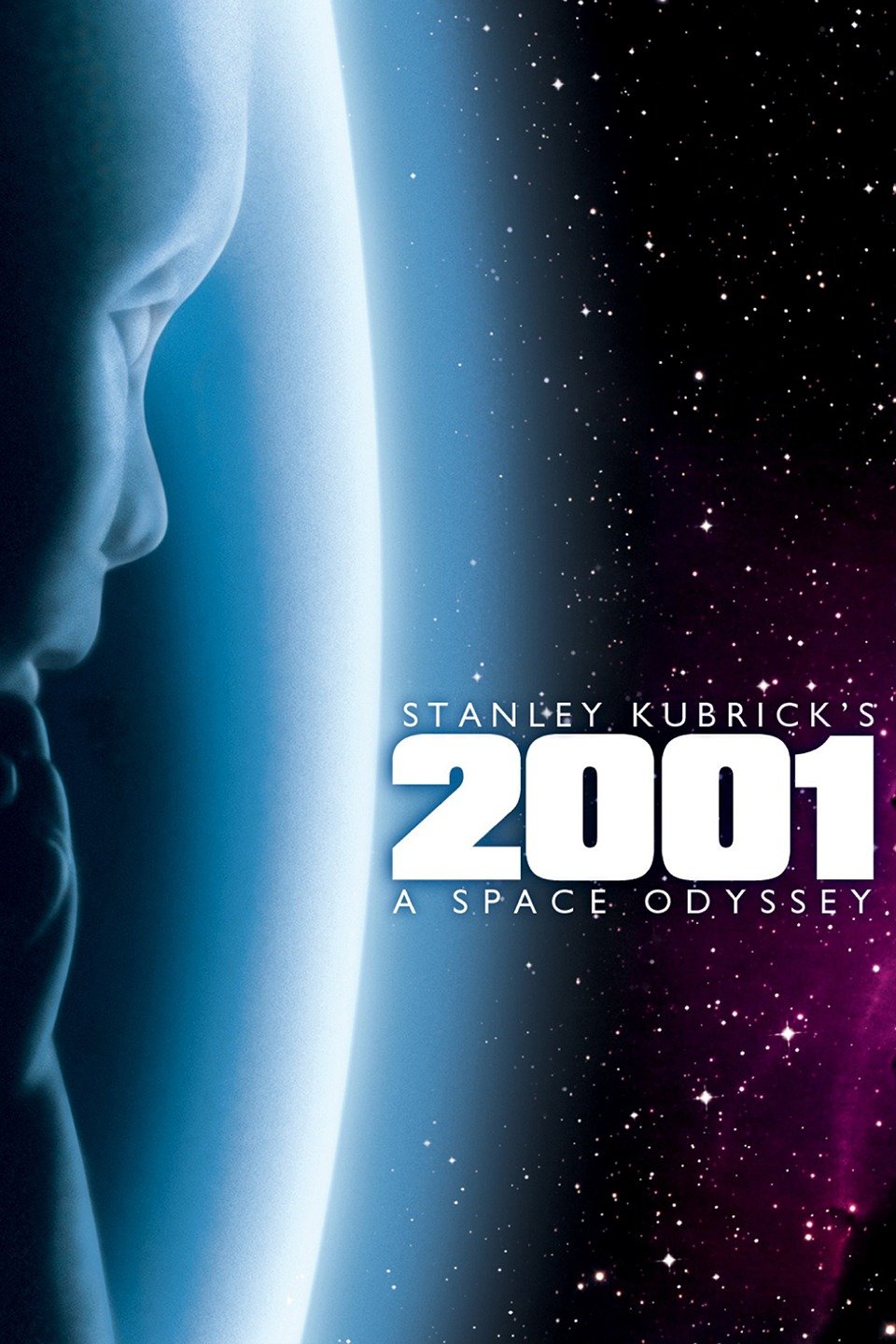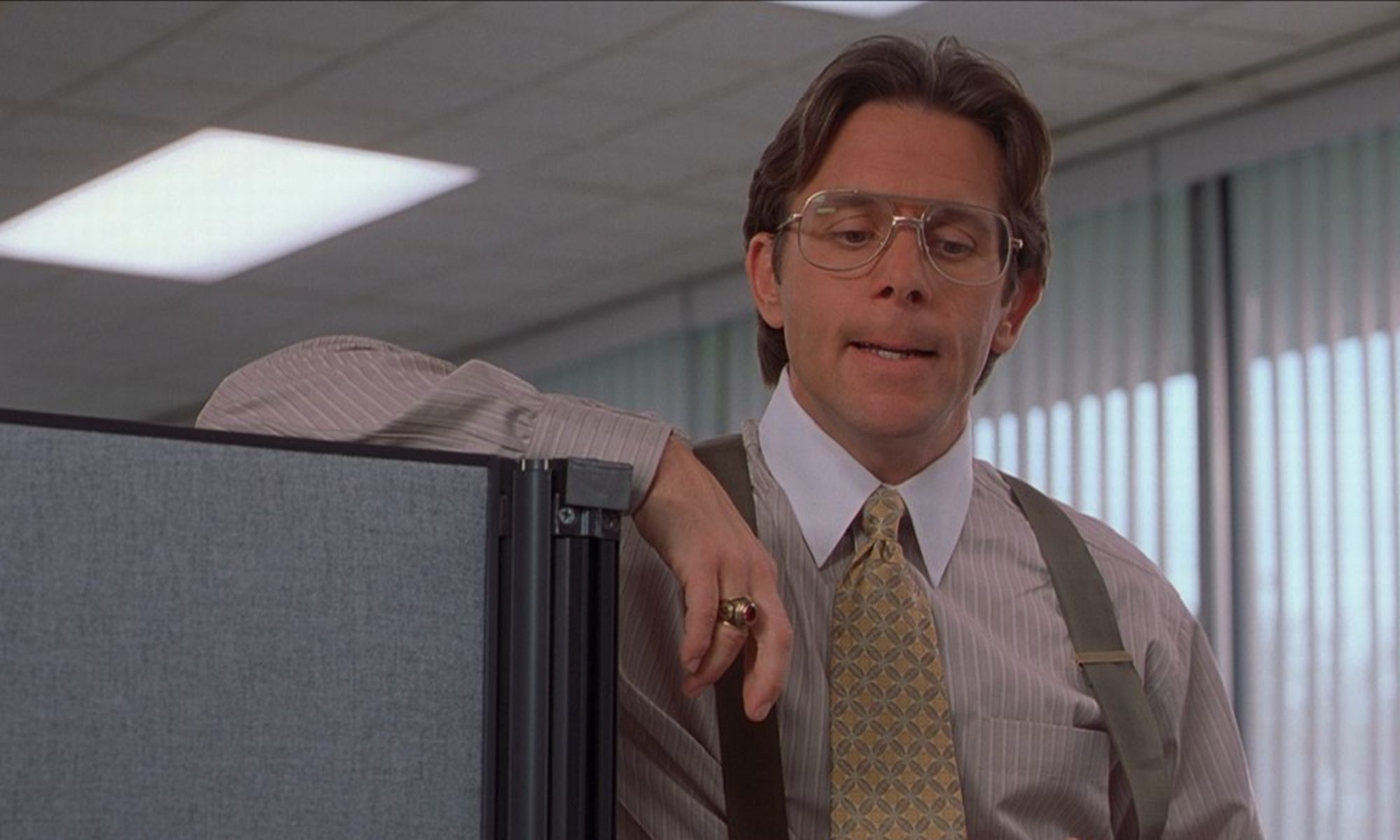Review of the film “A Space Odyssey”

Even works of art have an expiration date – often ten years are enough for the most advanced and technological examples to become hopelessly out of date. Visual decisions begin to seem like amateur performances, and the underlying message is an incredible banality, already repeatedly chewed by culture. Here we usually talk about cinema, but these words are by and large applicable to any work.
But there are always exceptions. “ A Space Odyssey” by Stanley Kubrick this year turned 50 years old – an unthinkable period, especially when it comes to a science fiction film. Of course, some director’s tricks seem outdated: a leisurely 20-minute prologue about producers preparing to transform into Homo sapiens; long dances of space stations to classical music; not the most exciting (by today’s standards) visualization of an operation to rescue an astronaut who has strayed from a route. These are the simplest associations that will certainly come to the mind of any viewer who has seen all the relatively recent interstellar blockbusters – from numerous TV shows to the same Interstellar.
Most importantly, Kubrick told one of the main stories about our entire species as a whole – as from a simple social organization in a minimum (by planetary standards) time, we reached heaven. As close to us there was always the invisible influence of something unknowable – and it doesn’t matter how to interpret it, in a religious-spiritual format or in a research format. In addition to intraspecific competition and other conditional defects associated with biological survival, we have a fundamental metaprogram of curiosity and craving for the highest – and when a certain stage of our development is reached, evolution abruptly includes the following transmission. And beyond this step, what seems to us irrational and impossible so far – just like several hundred thousand years ago, modern technologies and culture simply could not fit into the life of primates.
And perhaps you should not take too seriously the words above about some obsolescence of the production: the eternal philosophical concepts are wrapped in such an elegant appearance that special efforts of the will to ignore minor technical flaws are not required. “A Space Odyssey” almost immediately draws into its meditative narrative, evenly increasing the degree of psychedelic, exploding consciousness with the meaningful symbolism of insanity in the finale.
And finally, after half a century, it’s just interesting to look at Kubrick’s futurological forecasts, partly fulfilled. Analogs of modern Skype and iPad, which do not lose significance, questions about the essence of artificial intelligence and tastefully demonstrated the features of the life of astronauts – neither the Martian, nor Interstellar, nor most other much later tapes showed anything fundamentally new compared to the latter.
Sources
https://www.history.com/news/making-2001-a-space-odyssey

Hi Bair:
Nice post! It’s so interesting to notice the incredible banality between the underlying message and the amateur performances in the film “A Space Odyssey”. I also like the way you looked at the philosophical concepts illustrated in the plots of the film. At this point, I felt that not only the meditative narrative contributes to the philosophical concepts and atmosphere of the plots, but also the shots framing the space visibly.